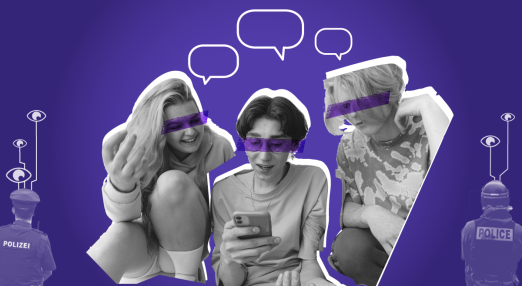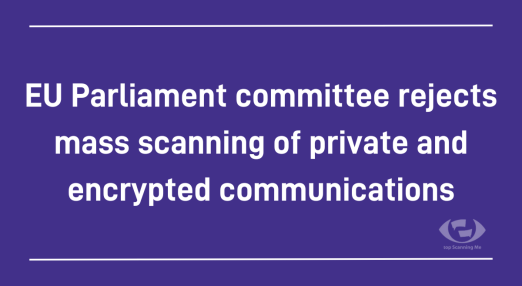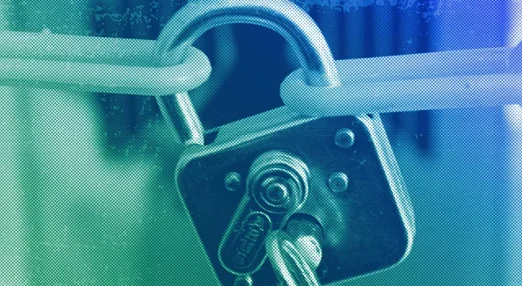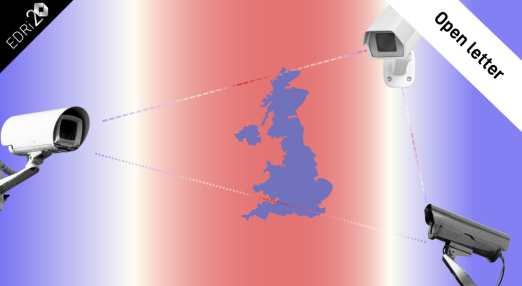Privacy
Filter by...
-

Press Release: Brussels rocked by major spyware scandal: Urgent call for ban
Now, when push has come to shove, policymakers at the European Union (EU) must act to ban spyware in Europe. Yesterday, the media reported a major attack on EU democracy with members of the European Parliament Defense Committee being the target of phone hacking.
Read more
-

When law enforcement undermines our digital safety, who is looking after our interests?
Imagine your friend sent you a private DM on Twitter. Now imagine, instead of the content remaining for your eyes only, Twitter letting the police also take a peek at it. Such intrusive practices of state actors accessing private messages have grave consequences for our lives. Some people can be physically harmed, and for some, it can mean that their families and friends could get prosecuted. At a collective level, the harm this does to our communities and society at large is immeasurable.
Read more
-

GDPR enforcement: European Parliament must guarantee procedural rights to ensure people’s data protection
While it is a step forward in better enforcing the General Data Protection Regulation (GDPR), the European Parliament’s current GDPR Procedural Harmonisation Regulation text is still not enough to safeguard the fundamental rights of people. Today, February 15, the text was approved in the Committee for Civil Liberties, Justice and Home Affairs (LIBE), laying out the blueprints for enhanced procedures for cross-border GDPR complaints and ex-officio investigations.
Read more
-

Irish Media Regulator must address dangerous age verification in its new online safety code
On 30 January 2024, EDRi submitted its comments on the Irish Media Regulator’s (Coimisiún na Meán) new Online Safety Code in a public consultation, highlighting significant concerns about age verification.
Read more
-

“8 December” case: why is encryption on trial?
On 3 October, the trial of the so-called “8 December” case began. Seven people are prosecuted for being a “terrorist group”.
Read more
-

EU Parliament committee rejects mass scanning of private and encrypted communications
On 14th November, Members of the European Parliament’s ‘Civil Liberties’ committee voted against attempts from EU Home Affairs officials to roll out mass scanning of private and encrypted messages across Europe. It was a clear-cut vote, with a significant majority of MEPs supporting the proposed position.
Read more
-

Why your data might already be on a Europol list
Police forces around Europe seem hooked on the habit of collecting information on a massive scale and forwarding it to the EU's police agency, Europol. This undermines privacy, fair trial rights and the presumption of innocence.
Read more
-

Are we about to lose the last pillar of our digital security?
Breaking encryption and criminalising its use will not resolve the deep societal issues we are facing. Instead, governments should protect and promote the very tool that ensures our digital security.
Read more
-

Party-cipate and #CelebrateEncryption
Now is the time to show your support for encryption and influence the European Parliament to do better for children and everyone else. Join the #CelebrateEncryption action and share photos of you and your friends promoting privacy and celebrating encryption.
Read more
-

Digital ID – civil society demands protection of Users
One single app to rent a hotel room, prove your age, your educational, financial or health certificates, or to access digital public and private services? Sounds convenient? Well, it is. But if done wrong, it will be equally easy for corporations, authorities or even bad actors to create highly detailed profiles about yourself – spanning a vast area of your everyday life – or abuse this treasure of sensitive personal information in other ways.
Read more
-

Encryption protects our rights, privacy is not a crime
End-to-end encryption is currently under attack by prosecutors and legislators in France, the EU, the UK and the US. We are asked to choose, as a society: do we accept a future in which our private mail and communication can be intercepted anytime, in which we are treated as potential suspects?
Read more
-

Online Safety Bill insecure: international organisations, academics and cyber experts urge UK government to protect encrypted messaging
EDRi, Open Rights Group and over 80 civil society organisations, academics and cyber experts from 23 countries have written to the UK government to raise the alarm about proposed powers in the Online Safety Bill.
Read more
